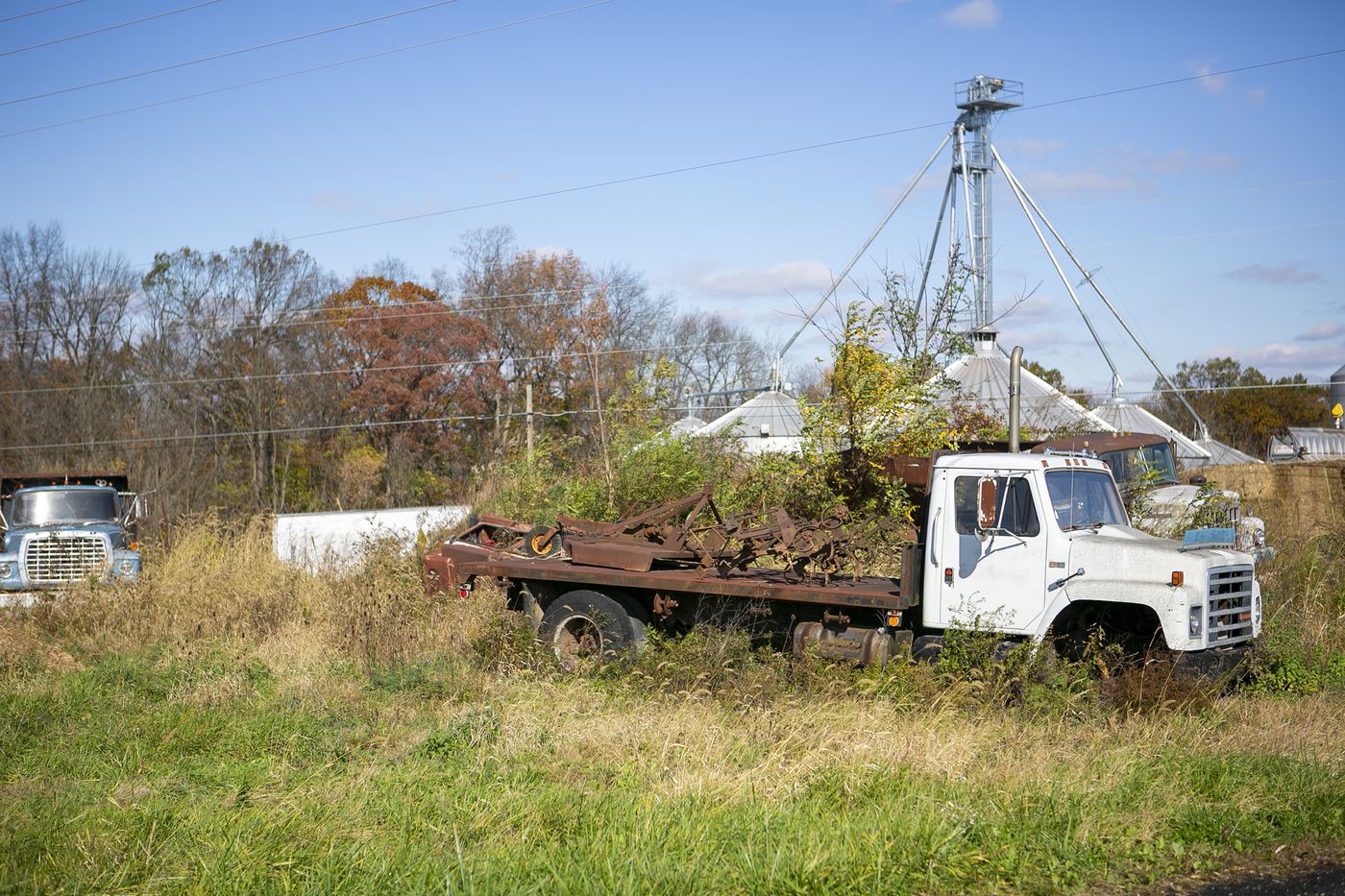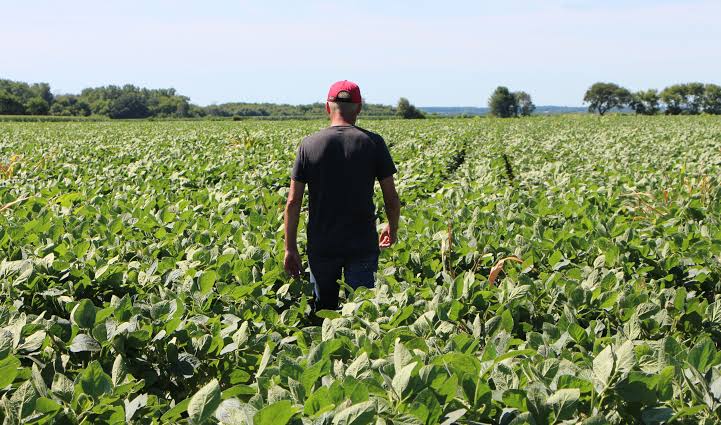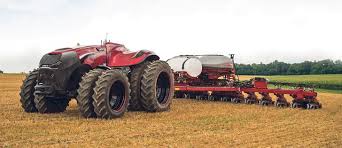Disclaimer: The views, suggestions, and opinions expressed here are the sole responsibility of the experts. No Scoop Today USA journalist was involved in the writing and production of this article.
Is old ranch gear on the yard part of rustic Pennsylvania’s appeal – or simply garbage?

Some think the smell of a hoard ranch resembles a punch in the nose, that a deer spread and dangling from a patio is gore, or that the cultivating tractors on Gil Pringle’s garden have a place in a scrap yard.
Beside the postal bearer, the vast majority never observe Mr. Pringle’s tractors. They lives on a previous goat ranch a half-mile off a two-path street in Highland Township, which has a populace of around 1,200 in country Adams County, only a couple of miles from Gettysburg. In any case, Mr. Pringle, 72, has a brilliant orange sign inclining toward the tractors with “This isn’t junk” painted in intense, dark letters to demonstrate a point.
“These are parked here in protest,” Mr. Pringle stated, pulling canvases off the tractors on a tempestuous November evening.
Not long ago, the township, proposed an aggravation law focusing on forsaken vehicles, hardware and structures. On the off chance that inoperable, the vehicles and hardware would need to be put away inside; something else, proprietors could be socked with fines going from $300 to $1,000 every day. Boss Craig Rockey, as indicated by the Gettysburg Times, said protests had been coming in about “unsightliness” and property values. Residents, they claimed, questioned why they had to look at all this “stuff” each day.
“We don’t have it out for individuals,” Mr. Rockey said during a township meeting in June.
Mr. Pringle, a previous chief theirself, kicked the statute right away. It was an attack against a lifestyle, they stated, and maybe somewhat dishonest. Good country Township shows a bit of old cultivating hardware outside the city constructing a lot of like the antique “dump rake,” utilized for social occasion feed, that sits on his garden.
Mr. Pringle trusts Carl Keller, another previous official, was an anonymous objective of the proposed statute. Mr. Keller is a neighbor and long-lasting rancher, and there’s a great deal going on at their property. At least twelve tractors and vehicles sit by the road, alongside different bits of cultivating hardware.
“I wouldn’t call it a mess — that’s not a good word — but there’s been equipment parked here for the last 30 years,” Mr. Pringle said on a drive through the township. “People who moved here knew it was here.”
A portion of the messiness could have been explained with a discussion, they said.
“He’s a neighbor,” Mr. Pringle said of Mr. Keller. “He served this township for dozens of years.”
The Keller family declined to remark for this story.
A couple of miles past Mr. Keller’s jumbled property, huge, current homes sit on a slope, with rambling gardens and clearing perspectives on farmland. Mr. Pringle said a large number of them were based on previous apple plantations about 10 years back. Outside one home, an antique-looking carriage is in plain view, a U.S. banner attached to it.
Those cutting edge homes, Mr. Pringle stated, have far higher property estimations than encompassing, more established homes in the township and mirror a progressing pattern in Adams. The district, roughly 140 miles west of Philadelphia and around 190 miles east of Pittsburgh, has been developing relentlessly for almost a century. The populace today, 101,407, is more than twofold what it was in 1950, yet both the quantity of ranches and generally speaking farmland sections of land shrank somewhere in the range of 2012 and 2017, as indicated by the U.S. Division of Agriculture.
Facebook bunches are devoted to ” Saving Rural Adams,” and others are attempting to protect noteworthy outbuildings here.
Mr. Pringle spent his very own cash to draft a survey that he sent to each address in the township, 555 altogether, measuring the popular’s sentiment on the proposed mandate. Should a vehicle that can’t be driven on the expressway be viewed as an irritation? they inquired. Would it be advisable for people to need to move a riding lawnmower inside on the off chance that it separates?
“Hoarders should be asked to clean up their property,” one individual composed.
In July, Highland Township’s three bosses casted a ballot to put the mandate on hold for a half year. Mr. Rockey didn’t restore a few solicitations for input.
Mr. Pringle accepts the issue could probably come up once more, maybe here, or in different townships with evolving socioeconomics. Directors, they stated, take some course from the Pennsylvania State Association of Township Supervisors, which offers guidance on curse and cleaning up townships.
“We’re talking about someone having an old chicken house on their property, not blight,” they said.
A representative for the affiliation didn’t restore a solicitation for input.
Mr. Pringle experienced childhood in Virginia, spending summers on the Adams County ranch he presently possesses. His grandparents purchased the property during the Depression. They went through a large portion of their time on earth working in hardware in California, before they moved back here decades prior to raise goats. They plans to they covered here, as well, previously making a gravestone that says they “loved the land.”
“If people don’t like it, they shouldn’t move here,” they said. “It’s like marrying a guy and thinking, ‘I can really change him.’”






